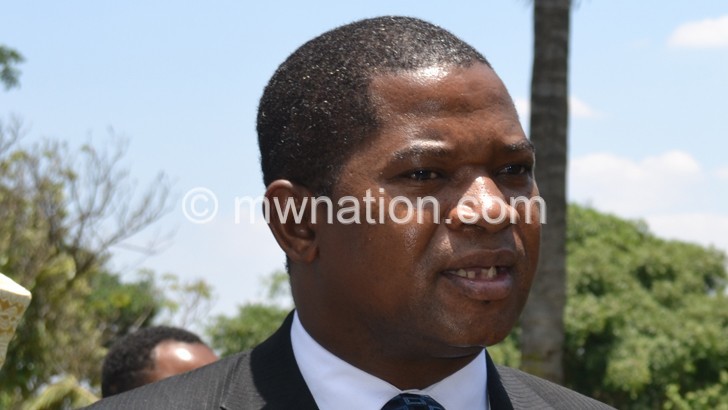Mera to close non-compliant filling stations
The Malawi Energy Regulatory Authority (Mera) has said it will shut down filling stations which do not comply with standard regulations for operating such business.
Mera executive director Collins Magalasi said this on the sidelines of a meeting with members of Parliament (MPs) from the Energy and Natural Resources Committee in Salima on Saturday.
He said the move is not aimed at pushing filling station operators out of business, but to bring sanity in the industry.

Magalasi said the authority is enforcing regulations which were approved by Parliament in 2004 and became effective in September 2017.
The Liquid Fuels and Gases law of 2004 states that no person or business entity shall carry out modification or any activity of a filling station without notifying the authority and obtaining a licence for such activity.
Magalasi said the authority has regulations provided in the law which it considers before granting any licence for an activity to be done at a filling station.
“Some of the things we consider are a one-kilometre distance between any two functioning filling stations, a distance of 100 metres between a functioning filling station and any public structure, construction materials and proper dimensions,” he said.
Magalasi said the regulations are geared at improving safety of lives and property as well as reducing environmental risks associated with operating a filling station.
He also said the current practice in the industry is placing the country on a time bomb which could lead to disastrous outcome if care is not taken by ensuring that operators are following the recommended steps.
Parliamentary Committee on Energy and Natural Resources chairperson Victor Musowa commended Mera for its decision to inspect filling stations and shut down those falling short on standards.
He said of late, there has been a mushrooming of filling stations with some constructed at high-risk places such as near hospitals, schools and markets which is against the law.
“We welcome this decision and we even ask Mera to take us on board once the inspection starts so that we do this together and, as lawmakers, we will ensure that all the laws we make are followed,” said Musowa.
Currently, there are 225 registered filling stations in the country with several others operating illegally, especially in the rural areas. n





